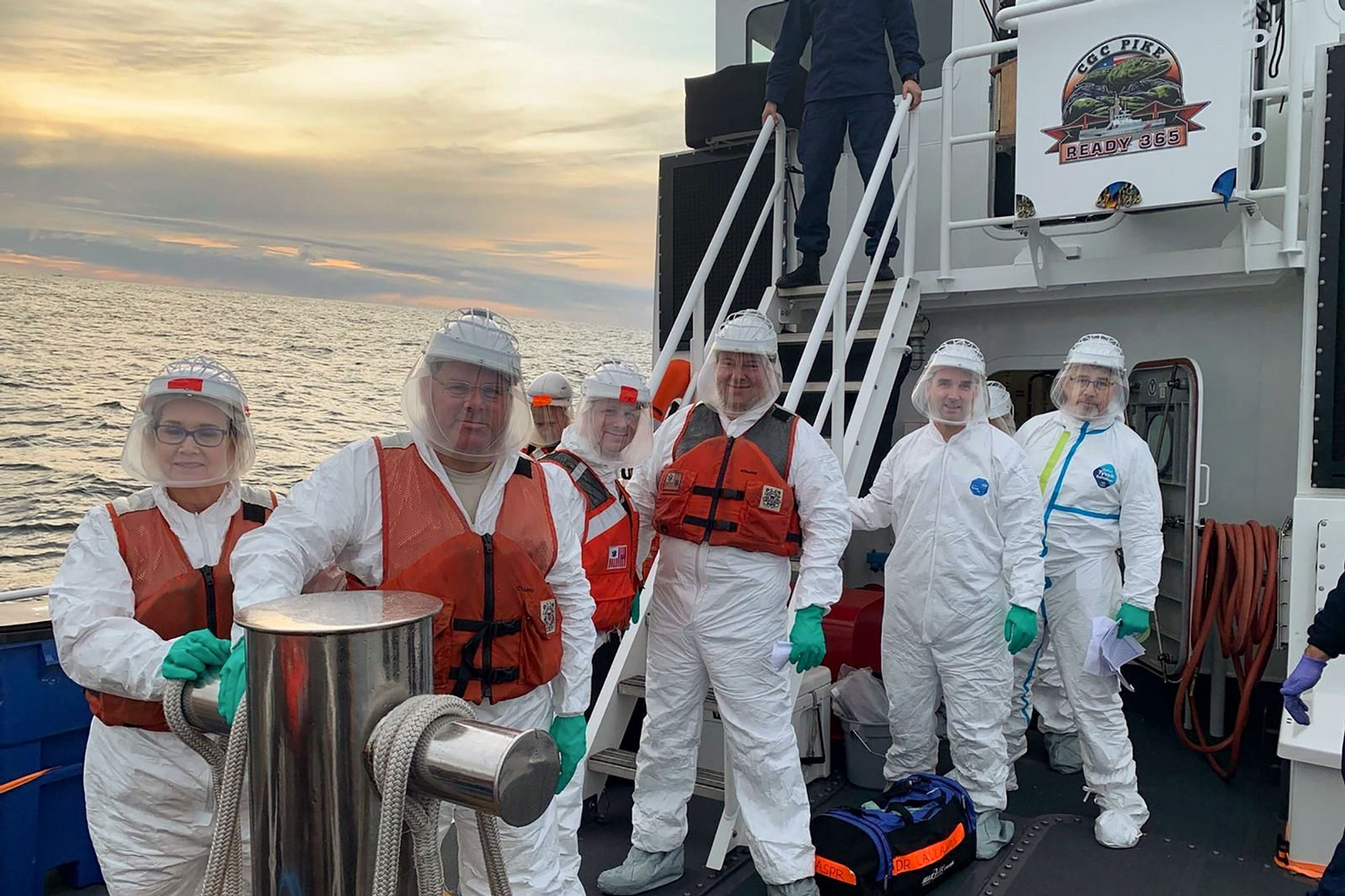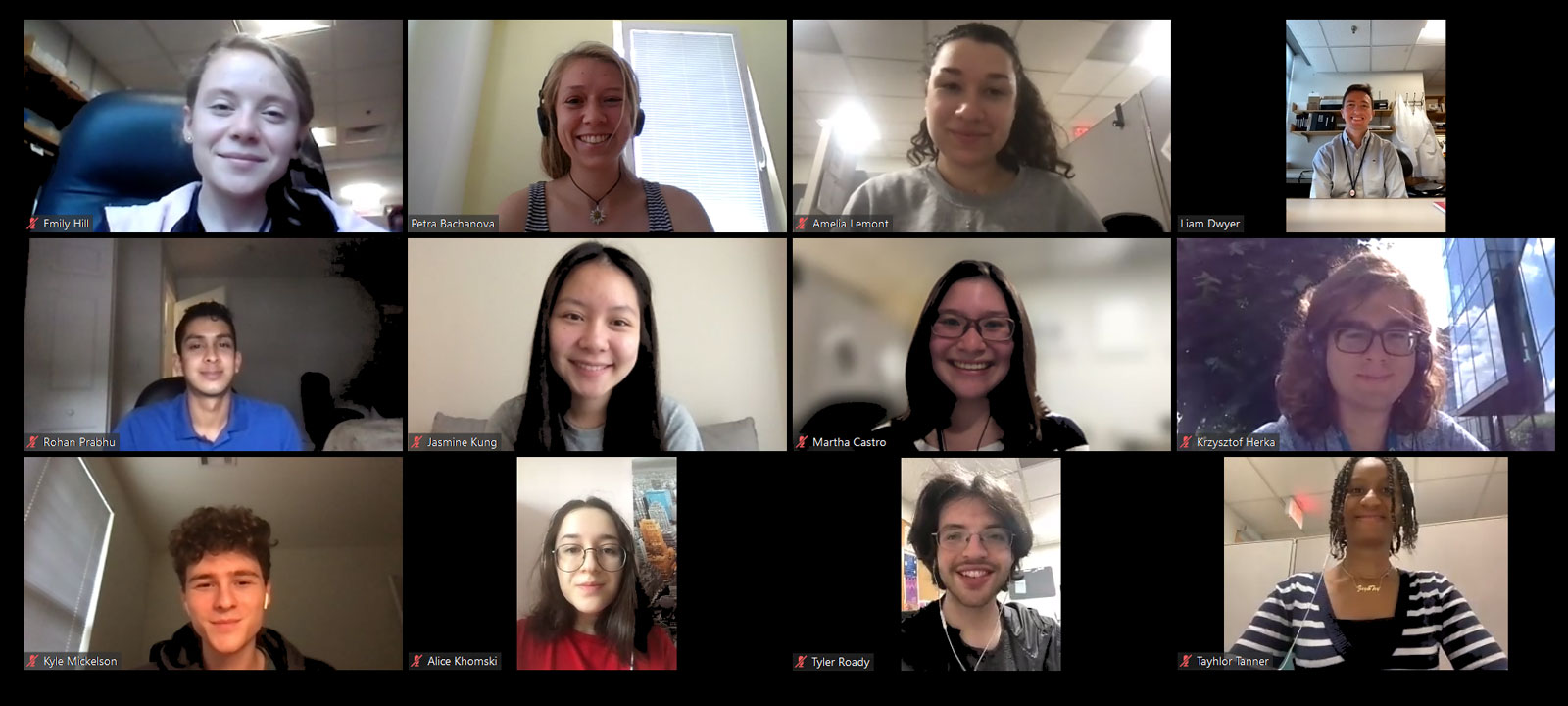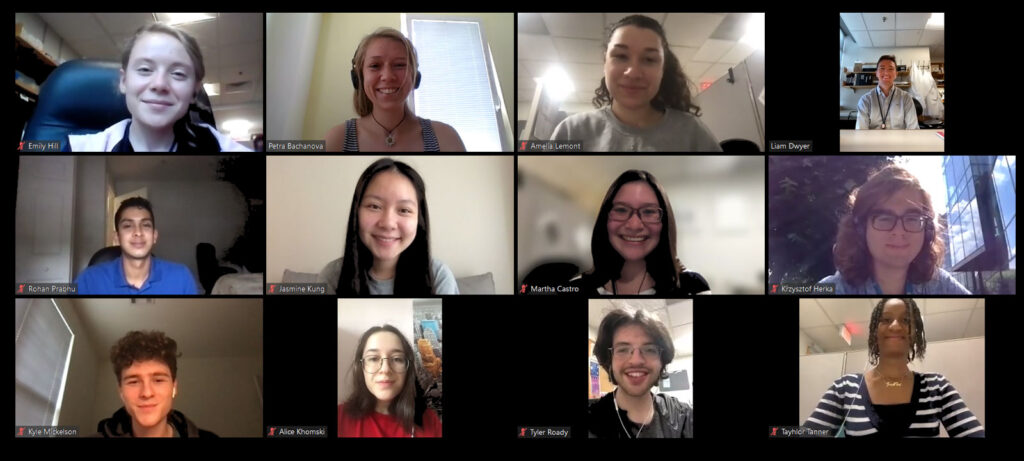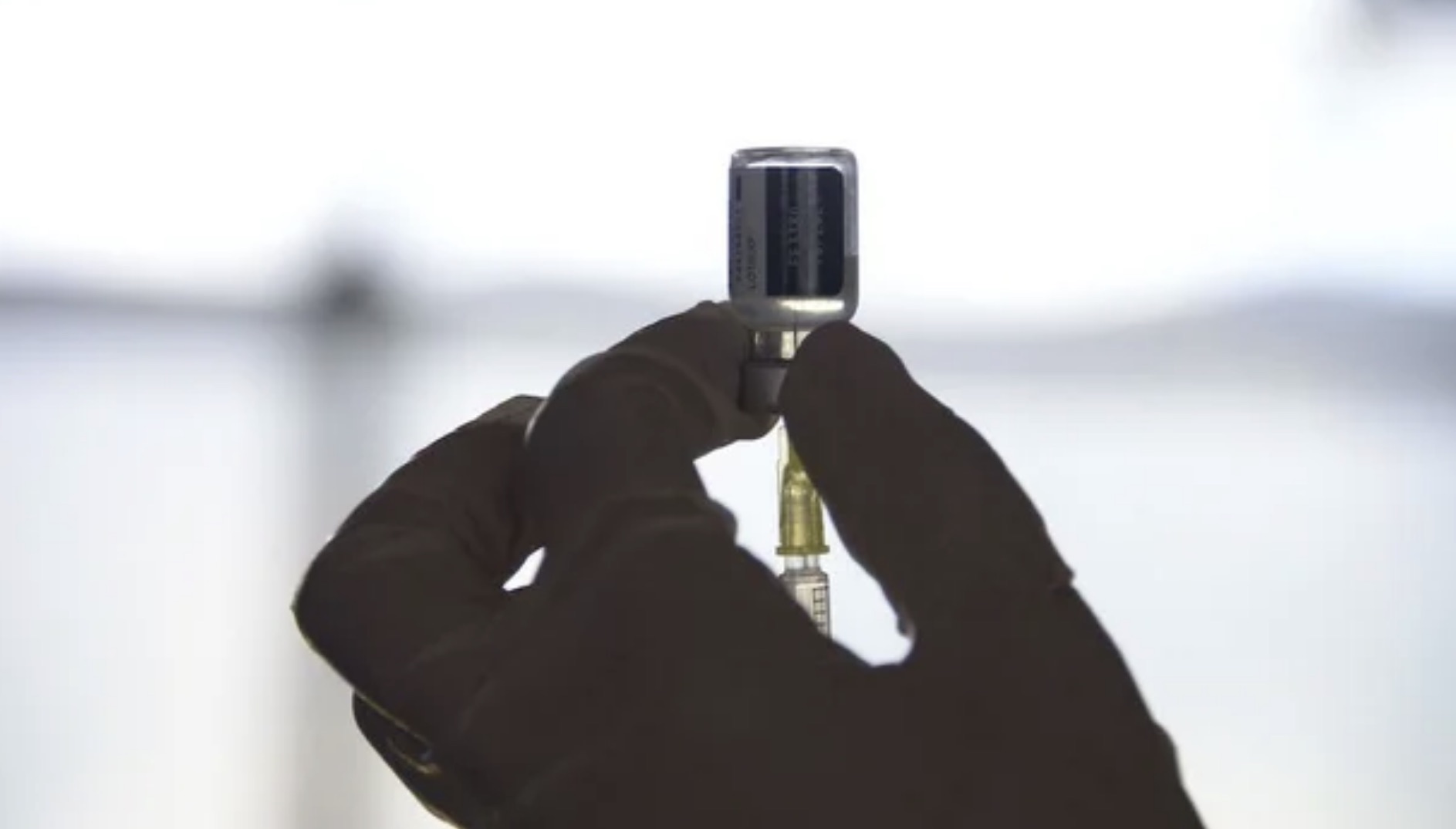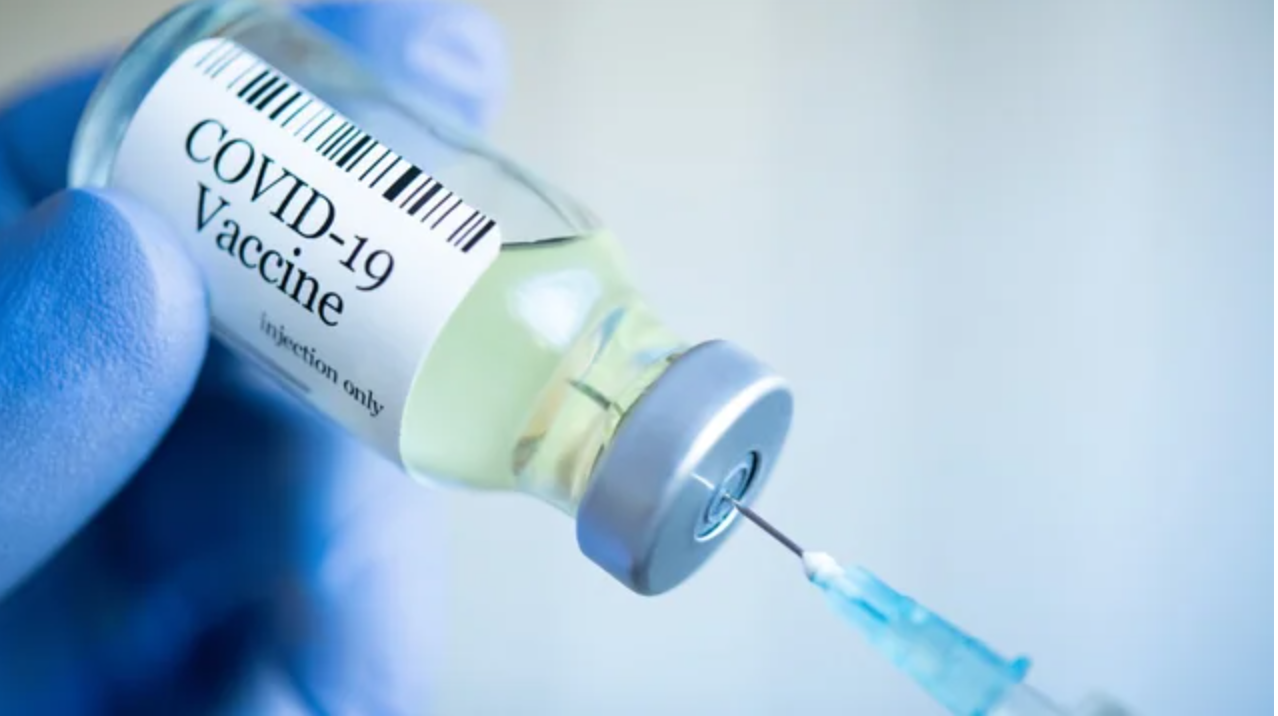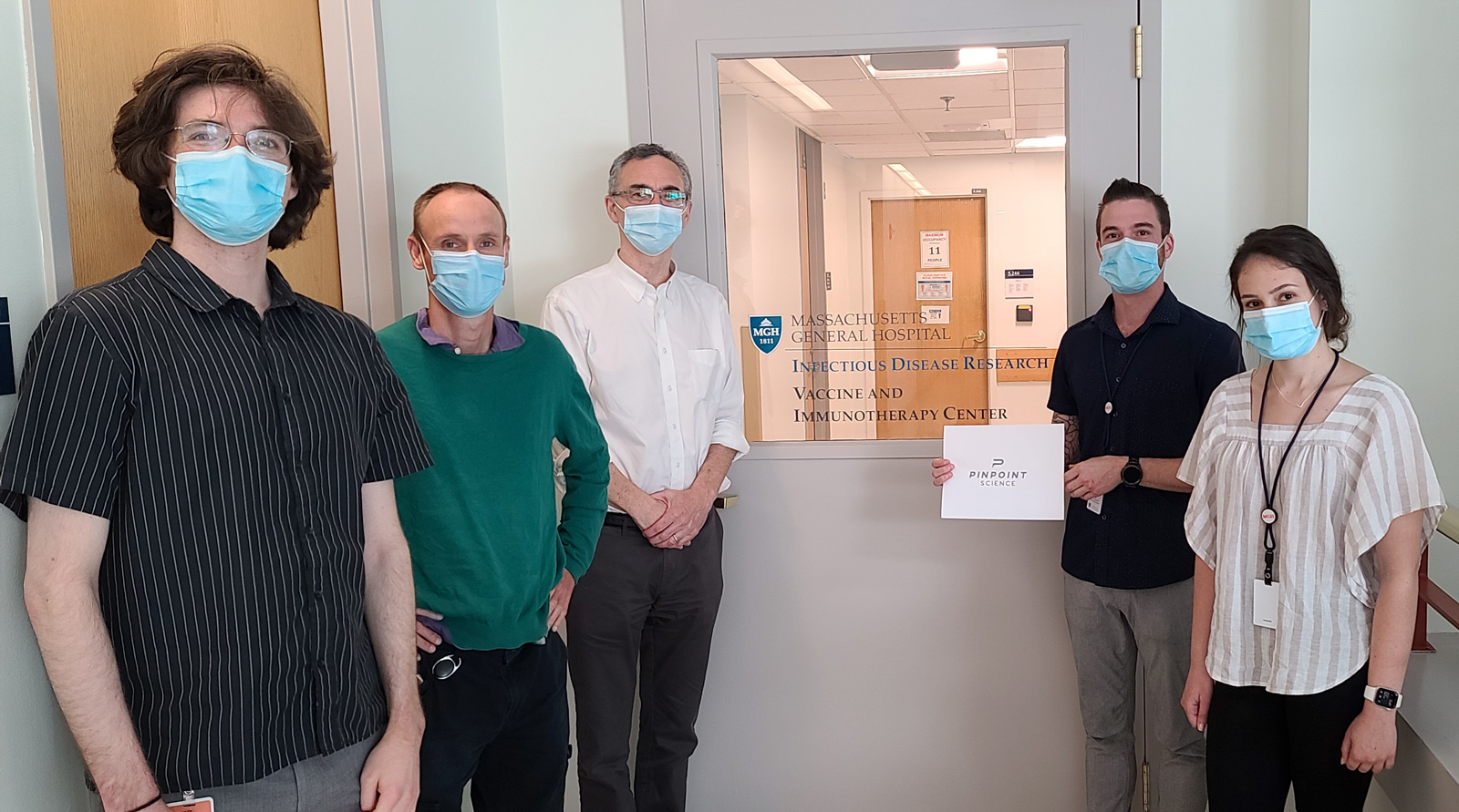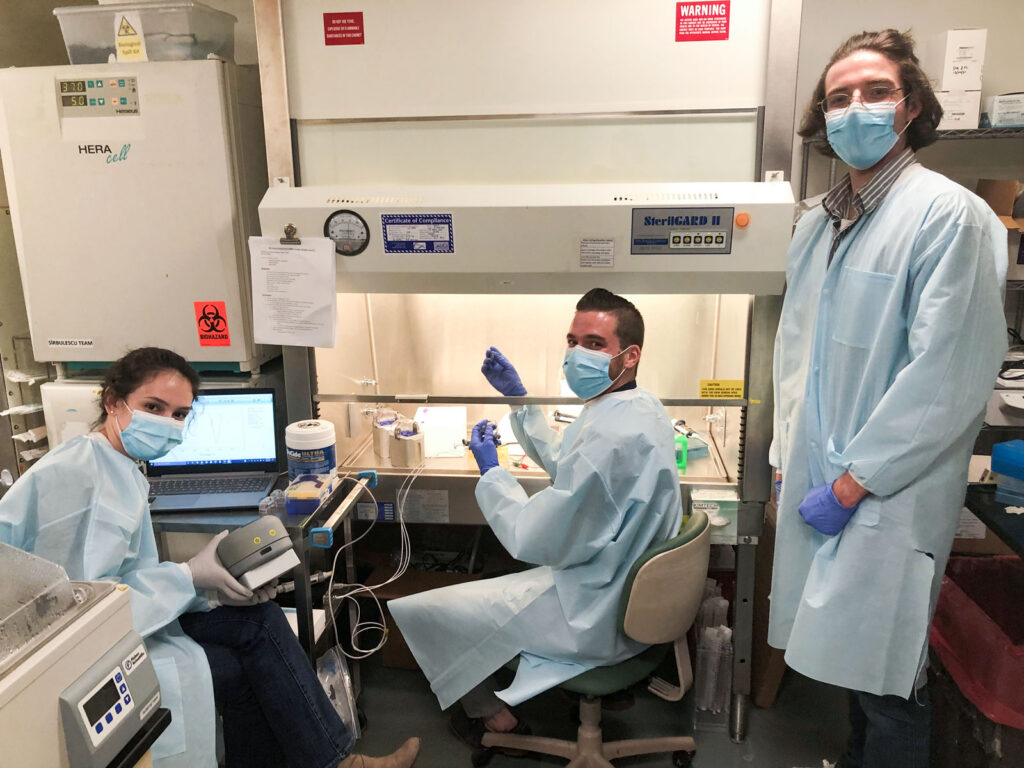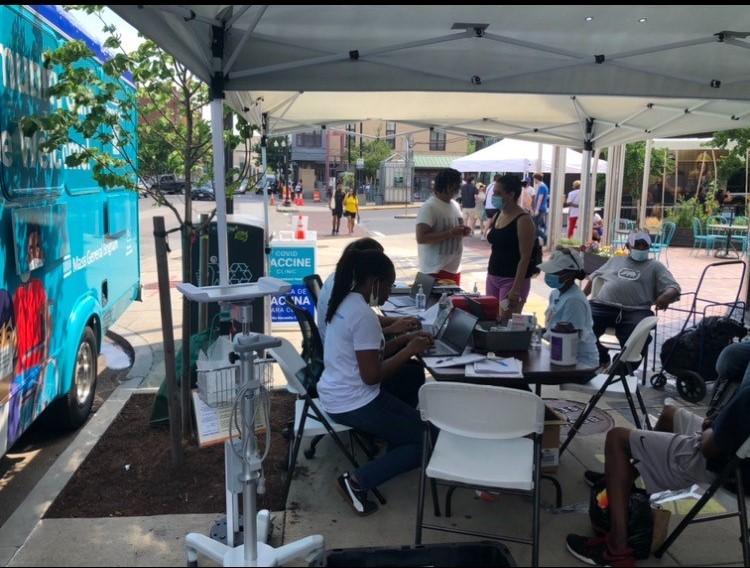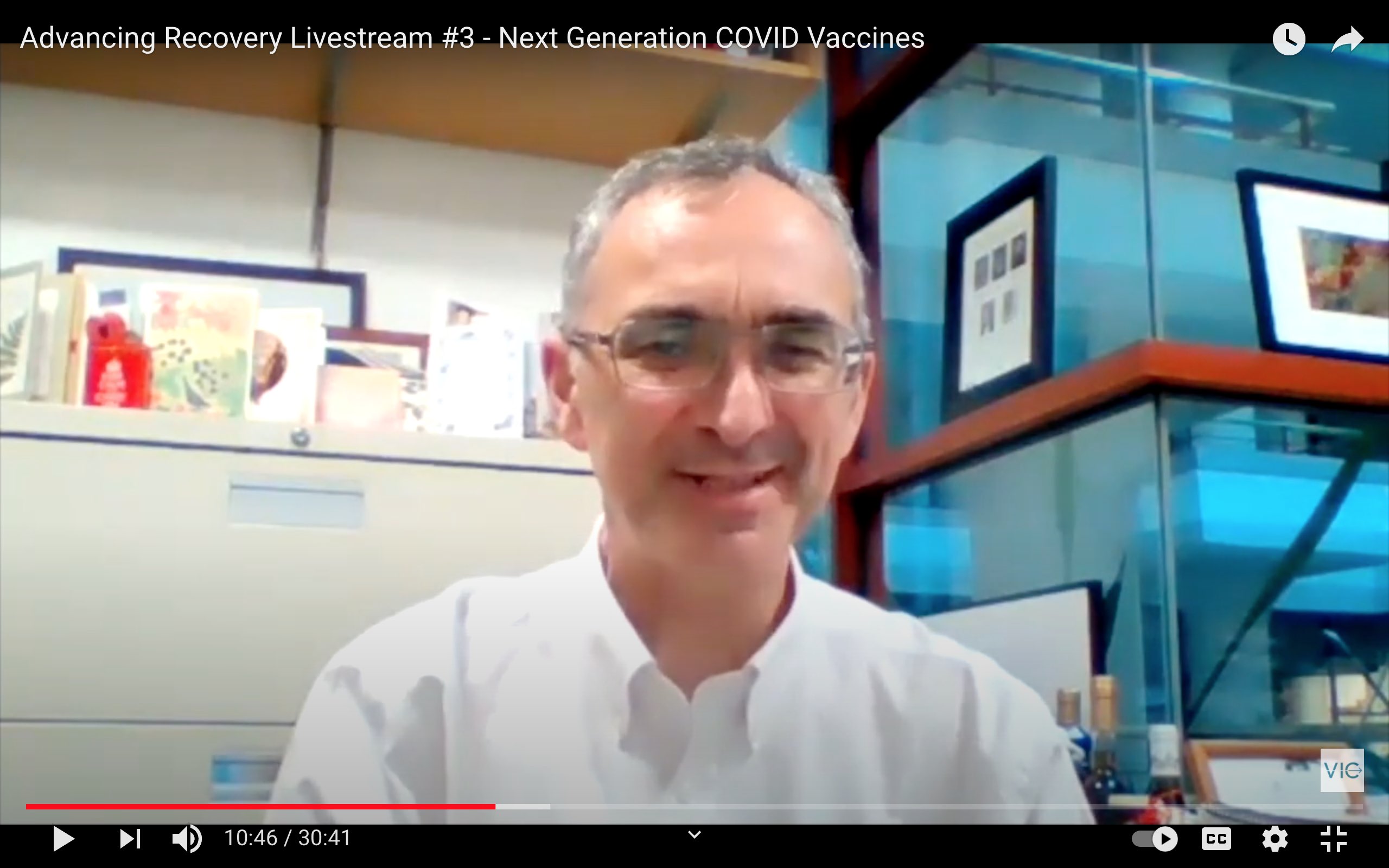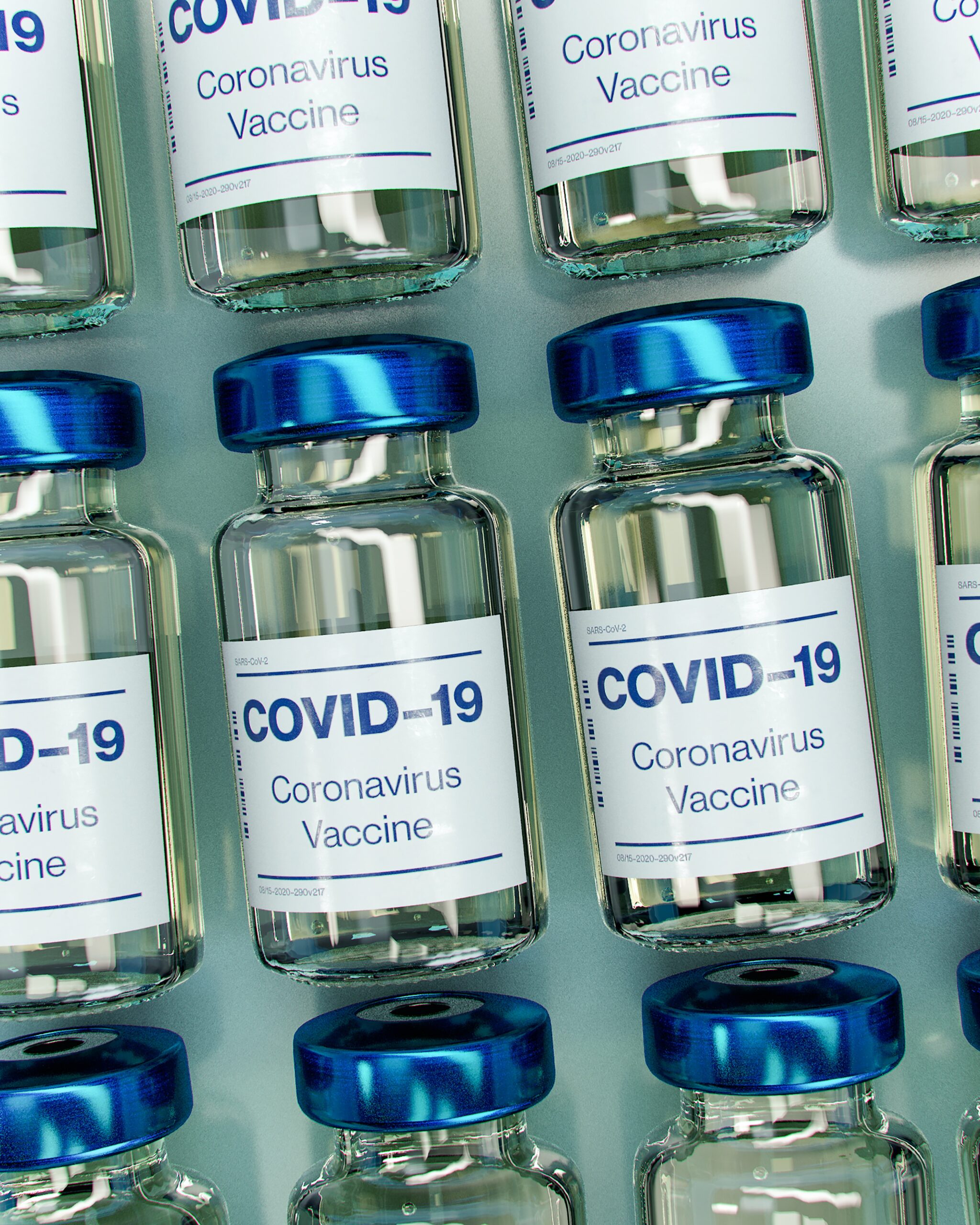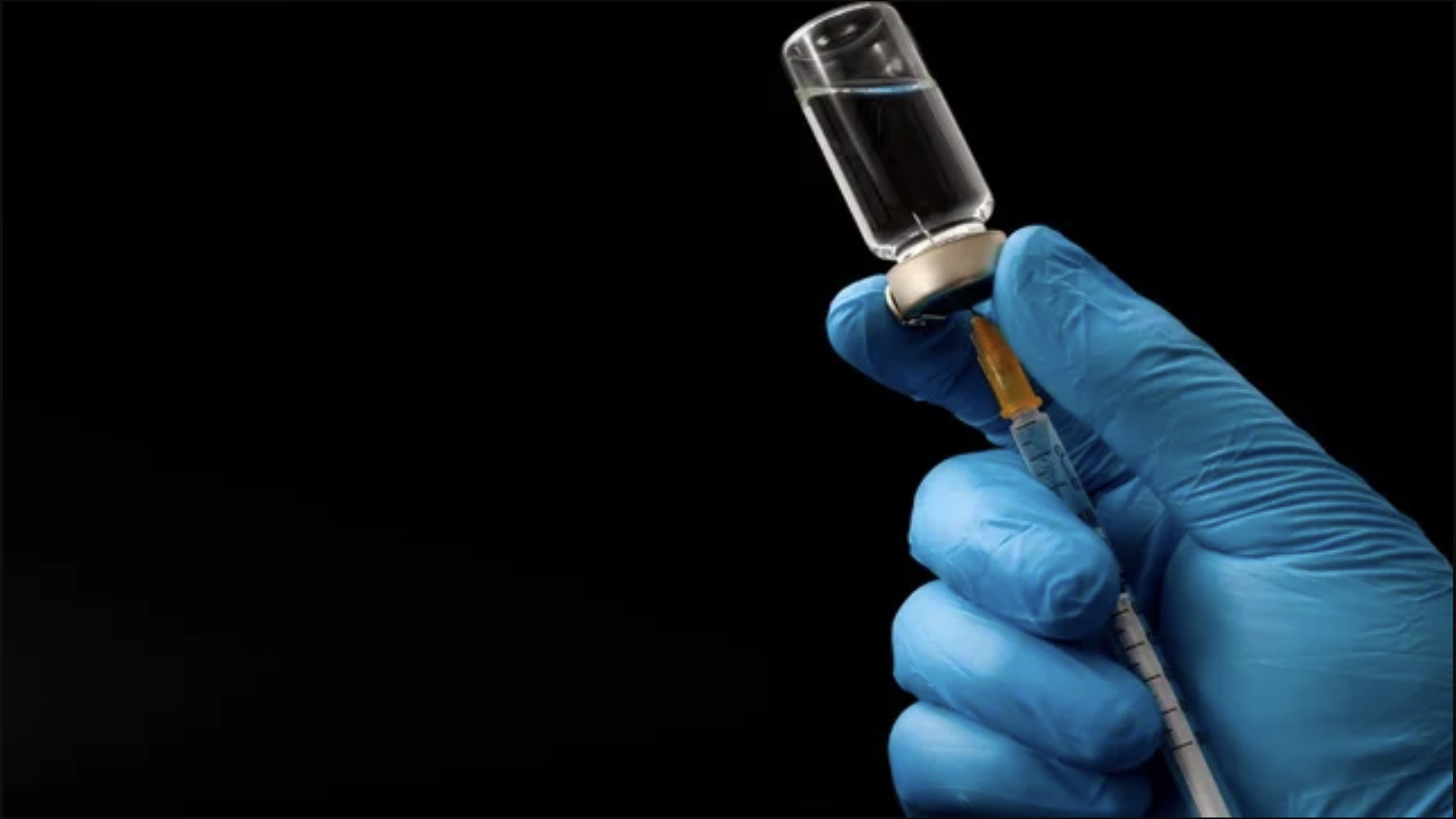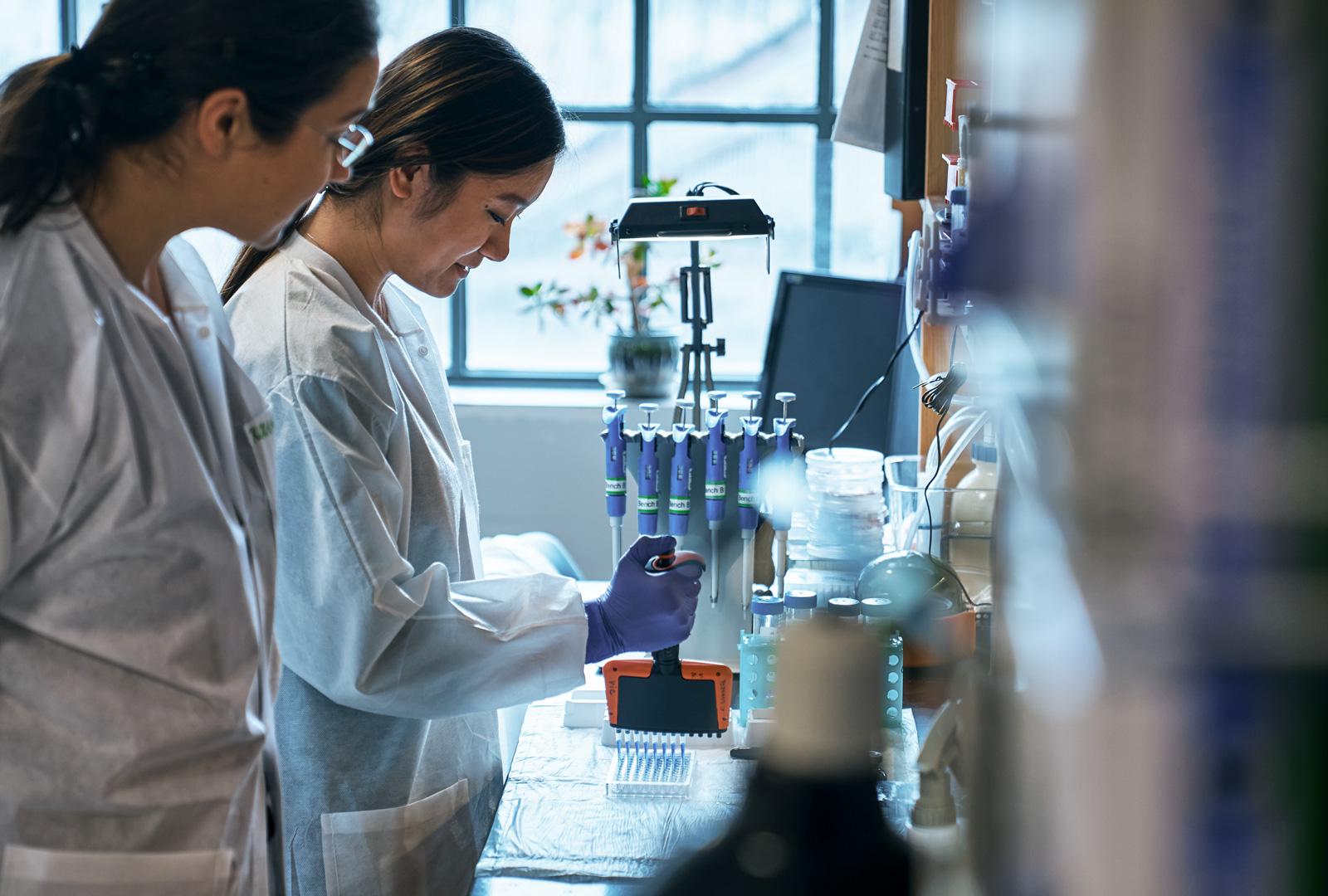A Politico piece authored by Michael Callahan, Director of Clinical Translation at VIC
Hardball is the wrong technique to get China to open up about the early spread of the pandemic. A successful but little-known global disease program offers a much smarter approach.
“The origins of the pandemic have huge importance to science, to medicine and to global security, but nearly two years after the first known infection, the search is stalled. The high-profile release last month of the U.S. intelligence community’s report to President Joe Biden only confirmed how little progress has been made: After a 90-day investigation, it offered two long-familiar theories. Either the virus originated from natural human exposure to an infected animal, or it escaped from a biocontainment laboratory. There was no consensus on which was more likely.
There’s a good reason we don’t know more: The government of China has consistently obscured the events around the early coronavirus outbreak and resisted providing key information to American investigators and even to the World Health Organization.
This doesn’t automatically mean China was…”


